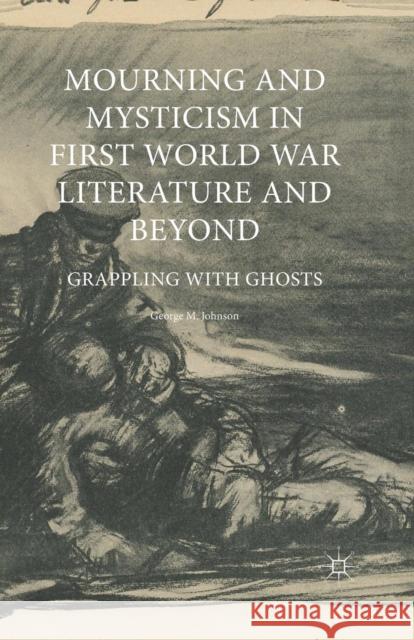Mourning and Mysticism in First World War Literature and Beyond: Grappling with Ghosts » książka
topmenu
Mourning and Mysticism in First World War Literature and Beyond: Grappling with Ghosts
ISBN-13: 9781349673476 / Angielski / Miękka / 2018 / 256 str.
Kategorie:
Kategorie BISAC:
Wydawca:
Palgrave MacMillan
Język:
Angielski
ISBN-13:
9781349673476
Rok wydania:
2018
Wydanie:
2015
Ilość stron:
256
Waga:
0.32 kg
Wymiary:
21.59 x 13.97 x 1.45
Oprawa:
Miękka
Wolumenów:
01
Dodatkowe informacje:
Bibliografia
Wydanie ilustrowane
Wydanie ilustrowane











